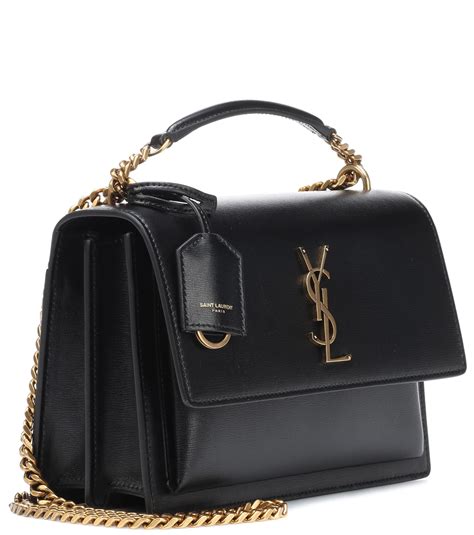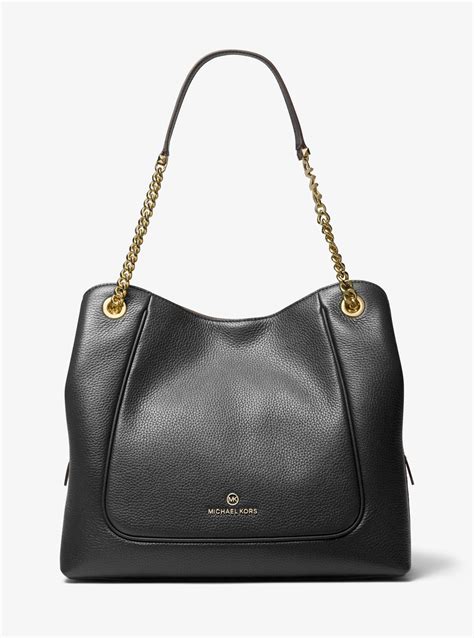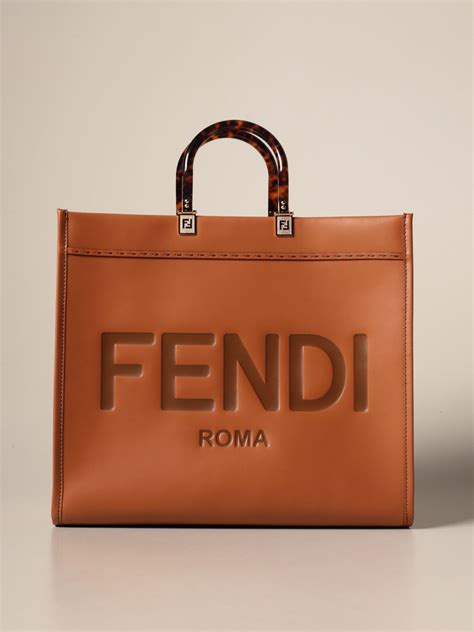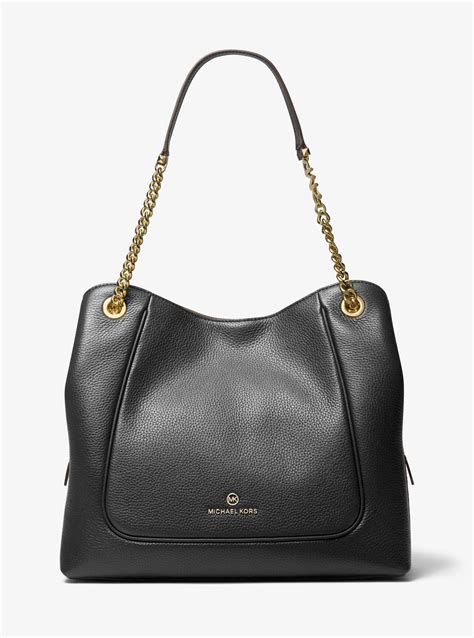azienda di prodotti di lusso | paese del lusso
$207.00
In stock
Italy, a nation synonymous with artistry, craftsmanship, and timeless elegance, holds a pivotal position in the global luxury goods market. The term "azienda di prodotti di lusso" (luxury goods company) encapsulates a diverse range of businesses, from established fashion houses and high-end automakers to artisanal food producers and exclusive hospitality providers. These companies, deeply rooted in Italian history and tradition, contribute significantly to the country's economic prosperity and cultural influence. This article delves into the complex and captivating world of "aziende di prodotti di lusso" in Italy, exploring their key players, business models, the impact of globalization, and the evolving landscape of luxury consumption. We will specifically highlight the prominent roles of EssilorLuxottica, Prada Group, and Giorgio Armani, as exemplary figures in this prestigious domain.
The Essence of Italian Luxury: A Legacy of Craftsmanship and Innovation
The success of Italian luxury brands stems from a unique blend of heritage and innovation. For centuries, Italy has been renowned for its skilled artisans, who have mastered traditional techniques in leatherworking, textiles, jewelry making, and more. This artisanal heritage forms the foundation of many Italian luxury brands, providing them with a distinct competitive advantage.
However, Italian luxury is not merely about preserving tradition. It is also about embracing innovation and adapting to the changing needs of consumers. Italian companies are known for their creativity, design prowess, and willingness to experiment with new materials and technologies. This combination of tradition and innovation has allowed them to maintain their relevance and appeal in a rapidly evolving global market.
Furthermore, the concept of "Made in Italy" carries significant weight in the luxury market. It signifies not just the geographical origin of a product but also a commitment to quality, craftsmanship, and ethical production. Consumers are increasingly aware of the environmental and social impact of their purchases, and Italian luxury brands are responding by investing in sustainable practices and ensuring fair labor conditions.
Key Players in the Italian Luxury Landscape: EssilorLuxottica, Prada Group, and Giorgio Armani
The Italian luxury landscape is populated by a diverse range of companies, each with its unique identity and strengths. However, certain players stand out as leaders and trendsetters. Among them, EssilorLuxottica, Prada Group, and Giorgio Armani are consistently recognized for their global influence, innovative designs, and strong brand equity.
* EssilorLuxottica: While often perceived as a global entity, EssilorLuxottica has deep roots in Italy, particularly with Luxottica's historical presence. This eyewear giant dominates the market, designing, manufacturing, and distributing a vast portfolio of luxury and premium eyewear brands, including Ray-Ban, Oakley, Persol, and licensed brands such as Chanel, Prada, and Giorgio Armani. EssilorLuxottica's success lies in its vertically integrated business model, which allows it to control every stage of the value chain, from design and manufacturing to distribution and retail. The company's Italian heritage is reflected in its commitment to quality craftsmanship, innovative design, and a strong focus on style. EssilorLuxottica’s integration with Essilor, a French lens manufacturer, further solidified its position as a leader in the optical industry.
* Prada Group: The Prada Group, consistently ranked among the top luxury brands worldwide, is synonymous with sophisticated elegance, avant-garde design, and a commitment to artistic expression. Founded in 1913 as a leather goods shop in Milan, Prada has evolved into a global fashion powerhouse, encompassing apparel, accessories, footwear, and fragrances. Miuccia Prada, the creative director, is renowned for her intellectual and unconventional approach to fashion, often challenging conventional notions of beauty and luxury. The Prada Group's success lies in its ability to blend tradition with innovation, its strong brand identity, and its effective marketing strategies. The company also owns other prestigious brands, including Miu Miu, Church's, and Car Shoe, further diversifying its portfolio.
* Giorgio Armani: Giorgio Armani is a name that resonates with timeless elegance, understated sophistication, and impeccable tailoring. The company, founded in 1975 by Giorgio Armani, has become a global icon, offering a wide range of products, including apparel, accessories, fragrances, cosmetics, and home furnishings. Armani's signature style is characterized by its clean lines, neutral colors, and emphasis on comfort and wearability. The brand appeals to a sophisticated clientele who appreciate quality, craftsmanship, and timeless design. Giorgio Armani's success lies in its strong brand identity, its consistent design aesthetic, and its effective licensing agreements. The Armani Group also operates a chain of luxury hotels and resorts, further expanding its reach into the hospitality sector.
These three companies, along with other prominent Italian luxury brands such as Gucci, Versace, Ferragamo, and Bulgari, represent the pinnacle of Italian craftsmanship, design, and innovation. They contribute significantly to the Italian economy and promote the country's image as a global leader in luxury.
Business Models and Strategies in the Luxury Sectorazienda di prodotti di lusso
Aziende di prodotti di lusso employ a variety of business models and strategies to maintain their competitive edge and cater to the evolving needs of their customers. Some common strategies include:
* Vertical Integration: As exemplified by EssilorLuxottica, vertical integration allows companies to control every stage of the value chain, from design and manufacturing to distribution and retail. This strategy enables them to ensure quality control, optimize costs, and maintain brand consistency.
Additional information
| Dimensions | 8.6 × 2.5 × 3.4 in |
|---|









